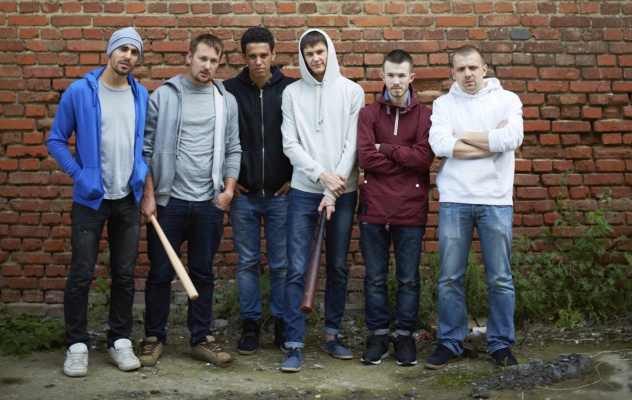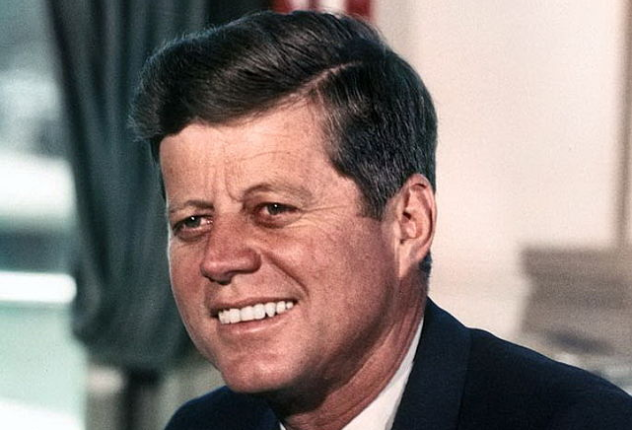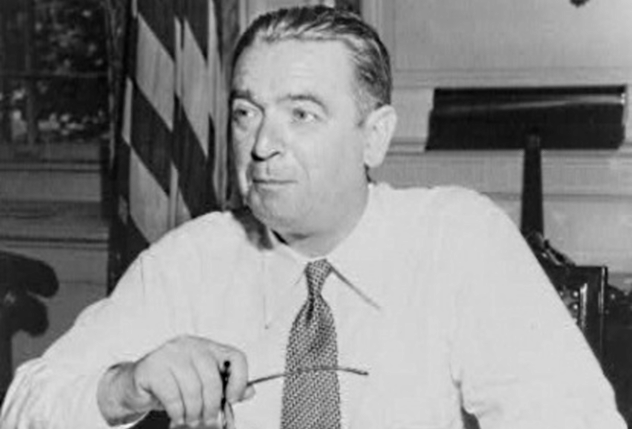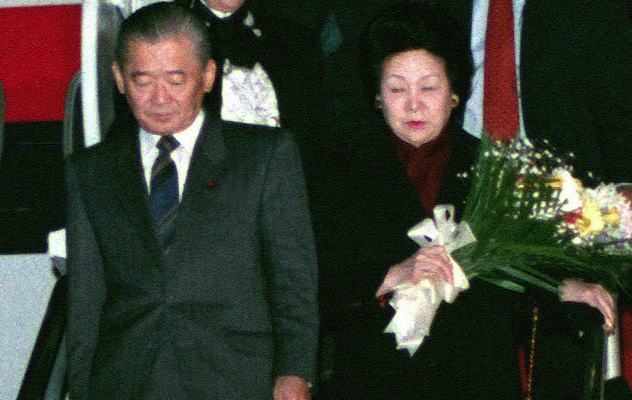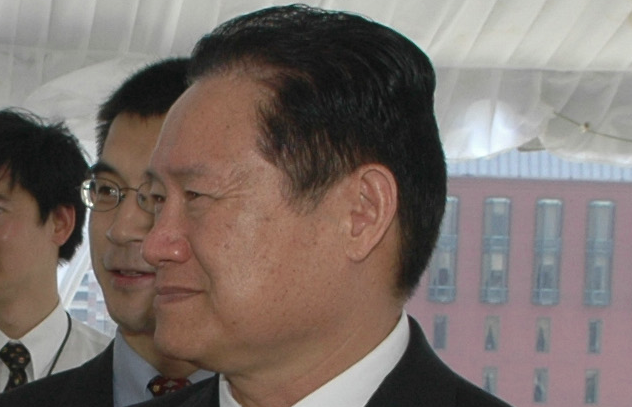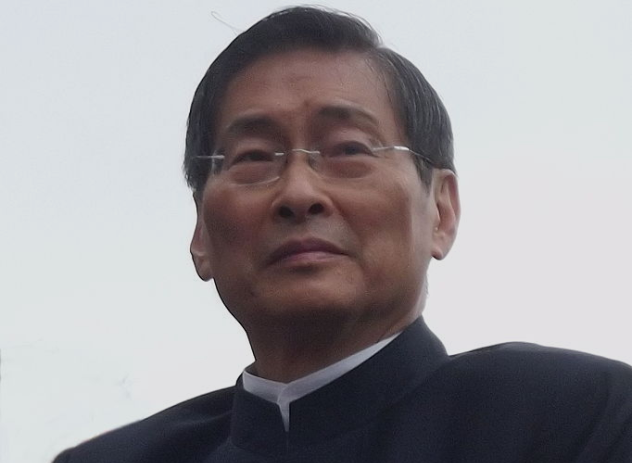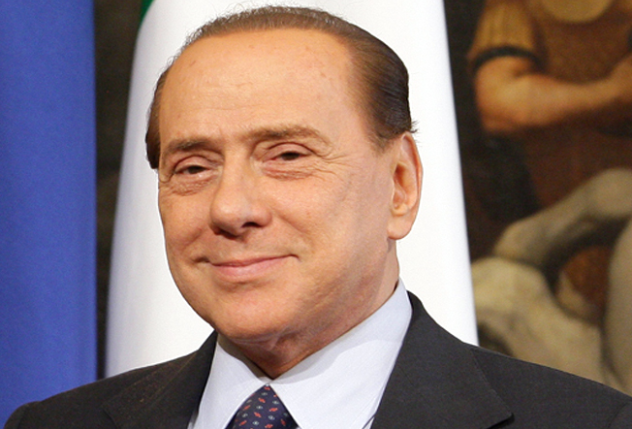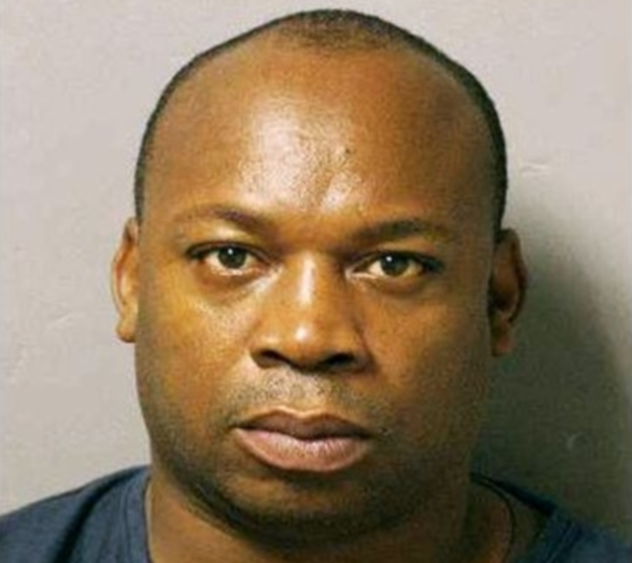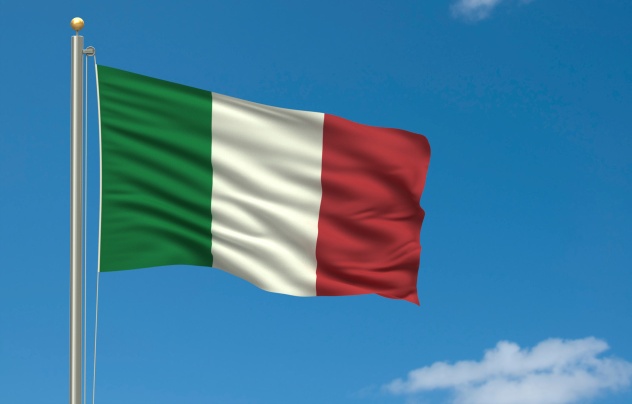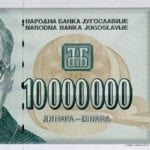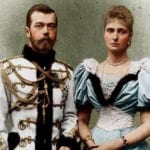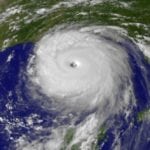10 Chicago City Council Candidates Seek Support Of Local Street Gangs
In the run-up to several somewhat recent city council elections in Chicago, gang leaders united to form a group called the Black United Voters of Chicago. The gang leaders realized that by uniting, they could gain significant leverage over the politicians seeking office. They could use their significant influence to elect public officials who were sympathetic to their interests. Of course, not all of those interests were necessarily noble, but that did not matter much to the politicians involved. As many as 30 politicians arranged meetings with the gang leaders in hopes of gaining support in advance of the 2011 municipal elections. In exchange for their support, politicians in Chicago have been found to aid gang leaders in being transferred to more favorable prisons within the Illinois Department of Corrections. They have also been accused of tipping off gang leaders to raids and police surveillance. The gang leaders—including representatives from the Black Disciples, Black Gangsters, Black P Stones, Cobras, Gangster Disciples, and Vice Lords—also sought another important concession from the politicians whom they would be helping to elect: They would turn a blind eye to the crimes committed by the gangs.
9 JFK Was Backed By Mafia Support
Rumors of John F. Kennedy’s association with the Mafia have circulated for years. In 1997, Seymour M. Hersh made allegations based on his belief that ties between the Kennedys and the mob helped JFK win the 1960 presidential election. Though the notion that voter fraud delivered JFK the election has been fairly successfully challenged, both Hersh and G. Robert Blakey, a former special prosecutor for the Justice Department, have held onto this idea. While the mob may not have gift-wrapped the election for JFK through fraud, there appears to be at least some evidence that the mob played a role in the politics of the Kennedy family. In his book, titled The Dark Side of Camelot, Hersh alleges that the Mafia perpetrated widespread voter fraud during the close election with Richard Nixon. Once elected, both President Kennedy and his brother Robert, then serving as Attorney General, flatly refused to pursue the evidence that the FBI had collected on the matter. While Hersh won a Pulitzer Prize in 1970 for his work as an investigative journalist in exposing the My Lai Massacre, his book on the Kennedys was met with harsh criticism that cast doubt on many of the claims he made. Several journalists challenged the idea that Frank Sinatra allegedly served as a go-between for the president and mob boss Sam Giancana and that mob interference resulting in voter fraud had any impact on the election. However, Sinatra’s daughter and the former special prosecutor for the Justice Department offered substantial support for Hersh’s claims. Tina Sinatra said to Hersh that her famous father told Giancana that, “I believe in this man [John Kennedy], and I think he’s going to make us a good president.” Though this assertion has been assailed by many of Hersh’s detractors, Tina Sinatra repeated in 2003 that her father did indeed act as a liaison between the mob and the Kennedys and that he did so at the request of the family patriarch, Joe Kennedy. Judith Campbell Exner, who penned a memoir in 1977 titled My Story, also confirmed that Giancana spoke of his own influence in the Kennedy campaign. Exner noted that the mobster once told her, “Listen, honey, if it wasn’t for me your boyfriend wouldn’t even be in the White House.” As for the allegation that the mob participated in voter fraud significant enough to sway the election, Hersh was able to uncover that the FBI had indeed collected evidence of the Mafia’s involvement, with G. Robert Blakey telling Hersh that the FBI had wiretaps confirming the Mafia’s financial influence and the organization’s fraudulent activities with regard to balloting. Of the impact the Mafia had on the campaign, Blakey had this to say: “Can you say that mob money made a difference? My judgment is yes.” Blakey also emphasized to Hersh that the FBI wiretaps that he had personally listened to confirmed that, “Enough votes were stolen—let me repeat that—stolen in Chicago to give Kennedy a sufficient margin that he carried the state of Illinois.”
8 New York Police Graft Scandal
A scandal involving mob bookmakers, the NYPD, and the Mayor’s office resulted in significant public outrage in the late 1940s, eventually leading to the resignation of the mayor and the New York police commissioner. The ringleader of the operation, a bookmaker named Harry Gross, faced a laundry list of charges that enabled prosecutors to pressure him into divulging the names of those involved in the scandal. In total, there were 22 NYPD officers convicted and 240 others who either resigned or were dismissed. William O’Dwyer (pictured above), then serving as mayor of New York, was among those who resigned, and he faced a Senate Committee hearing in which he was criticized for his mob ties and corrupt dealings. The widespread corruption enabled NYPD detectives to take in anywhere from $1,700 to $3,000 per month from the bookmakers under Gross’s employ. The scandal was initially revealed by New York Daily News columnist Ed Sullivan, who said at the time, “Token arrests were being made as a cover-up for the most cynical grafting spree in New York history,” and, “Detectives brag they can’t be touched and their superiors associate openly with mobsters.” Gross, who headed an operation that employed 400 people and yielded $20 million per year, paid off the detectives and other officers in exchange for protection from the law. According to Gross, who ultimately spent eight years in prison after pleading guilty to the 66 charges against him, the protection cost him $1 million per year, with officers receiving cash, cars, clothing, and liquor.
7 Noboru Takeshita Uses Organized Crime To Become Prime Minister
A fixture of Japanese politics and a powerful puppeteer who wielded significant influence even after his corrupt dealings were revealed, Noboru Takeshita (pictured above) served as prime minister for just 18 months following his successful campaign in 1987. The campaign was successful due in large part to the efforts of Shin Kanemaru, another politician who had struck a friendship with Takeshita as far back as the late 1950s when both held seats in the Diet. In 1987, the Takeshita-Kanemaru alliance quickly recognized that in order to win the endorsement of elders in their party, the Liberal Democratic Party, they would have to first silence the criticism and attacks coming from the sound trucks utilized by the rightist group. (Yes, sound trucks are exactly what they sound like: propaganda machines on wheels. And yes, Japan’s Liberal Democratic Party is in fact a more right-wing group.) In order to accomplish this goal, Kanemaru turned to Susumu Ishii, a noted member of the Inagawa-kai yakuza. Ishii, of course, was successful, and Takeshita became prime minister once the ever-present rightist trucks were silenced. Takeshita and Kanemaru would not last for long, however, as discovery of their involvement with the yakuza would cast a pall over Japanese politics. While Takeshita and Kanemaru were both ousted shortly thereafter, not all observers of Japanese politics felt that the involvement of the yakuza should have caused such outrage, nor should it have been all that surprising. Speaking to the New York Times in 1992, Shigezo Hayasaka, a senior aide to former Prime Minister Kakuei Tanaka, said, “From Mr. Kanemaru’s point of view, this was the only way to stop the trucks. He is a pragmatic man and he did what he had to do.” Hayasaka also chided the media for their “childish” understanding of politics, adding, “They don’t understand that the real world is a mixture of good things and bad things. They don’t exercise the logic of a mature adult when they criticize Mr. Kanemaru for his behavior.”
6 China’s Security Chief Allies With A Mobster
In what very well may be the one of the most serious and far-reaching cases of political corruption in the history of Communist China, Zhou Yongkang (pictured above), once one of China’s nine most senior politicians, is currently facing charges of “bribery, abuse of power, and leaking state secrets.” While many of those associated with Zhou as a part of his power base have either been removed or investigated for corruption and other charges, one of Zhou’s associates, Liu Han, has been sentenced to death for “organising and leading mafia-style crime and murder.” Han, a billionaire who amassed his wealth in part by “leading a ‘mafia-style gang’ that murdered, extorted, kidnapped and laundered money,” was able to operate in the Sichuan province undeterred thanks to the protection of Zhou, who was party chief in the province from 1999–2002. In exchange for Zhou’s protection, it has been widely assumed by Chinese state media that Liu Han used his considerable wealth to influence Zhou as he rose to his former positions as China’s security chief and member of the Standing Committee of the Politburo.
5 The White Wolf Becomes Involved In Taiwan’s Politics
Chang An-lo (pictured above), one of Taiwan’s most notorious gangsters who is well-known as “The White Wolf,” spent 10 years in the US prison system for drug trafficking charges and was also implicated in the murder of Henry Liu, a Chinese-American journalist. Upon his release from prison, Chang was promptly deported to Taiwan, where he quickly became involved in a bid-rigging and blackmail case that led to his self-imposed exile to China for nearly two decades. After so many years in exile, Chang returned to Taiwan in 2013. Though he was immediately arrested upon his arrival, the former leader of the Bamboo Union Crime Brotherhood has nonetheless become heavily involved in Taiwanese politics while committing significant financial resources in an effort to prevent protesters from demonstrating in opposition to the Chinese National Party, or KMT. The Chinese Unification Promotion Party, founded by Chang, was unsurprisingly found to have significant ties to organized crime. A police raid of one of the party’s branches revealed that one of the party members, Wang Huan-hua, had “used Chang’s support to secure his ‘turf,’ obtain illegal guns and used them to ‘settle’ disputes, and engaged in racketeering across Taipei, Taoyuan and Greater Taichung.” The police raid of the party headquarters indicated to investigators that the offices were nothing more than a front for a local branch of the Bamboo Union, the crime organization Chang once led.
4 Marcello Dell’Utri, Silvio Berlusconi, And The Sicilian Mafia
The Sicilian Mafia has long been believed to hold extraordinary influence over Italian politics. While there are many who dispute the level of influence—or the fact that the Mafia even exists—an ongoing trial in Italy alleges negotiations between high-ranking Italian politicians and Mafia bosses dating back to the early 1990s. Among the accused is Marcello Dell’Utri, a former senator and political adviser to former Prime Minister Silvio Berlusconi (pictured above). Also accused is Nicola Mancino, the former interior minister. The trial is ongoing and is not expected to be complete until 2016. Dell’Utri and Mancino face charges stemming from a rash of murders in 1992 that killed two anti-Mafia magistrates, Giovanni Falcone and Paolo Borsellino. According to the allegations lodged by prosecutors, government officials met with Mafia leaders in an effort to quell the violence. The Mafia leaders exploited the leverage they held and demanded concessions, including relaxed prison terms for their imprisoned brethren. Dell’Utri is currently in jail on a separate charge after being convicted of “acting as a go-between for the Sicilian mafia and the Milan business elite, including Berlusconi’s companies, from 1974 to 1992.” In the charges relating to the murdered magistrates, a Mafia informant has alleged that Berlusconi, using Dell’Utri as an intermediary, initiated negotiations with the Mafia in an attempt to stop the killings. Mancino, who served as Italy’s interior minister at the time of the murders, is accused of giving false testimony on the government’s dealings with the Mafia.
3 Joe Esposito And The Genna Brothers
“Diamond” Joe Esposito’s open association with gangsters proved to be both profitable and deadly for the Republican ward committeeman who served in Chicago during Prohibition. As a politician with connections to Cuba, a major supplier of sugar to the US at the time, Esposito was uniquely positioned to take advantage of the public’s desire for then-illegal booze. Utilizing a 3,800-liter (1,000 gal) still, which was located at his restaurant, Esposito was at the center of Chicago’s lucrative bootlegging operations. Aside from his personal involvement in bootlegging, Esposito also provided political protection to the Genna Brothers, who held a government license allowing them to process industrial alcohol that also enabled them to illegally produce whiskey. The bootlegging operations of Esposito and the Genna Brothers provided them with significant influence, but that influence also put them at odds with another local gangster, Al Capone. It is believed that Esposito’s murder was carried out by Sam Giancana, who acted on orders issued by Capone. The deed was carried out in brutal fashion. As Esposito returned home from a political meeting, three men armed with shotguns unloaded 50 shells into the politician’s back.
2 Christopher Coke And Bruce Golding
The US extradition request of Christopher “Dudus” Coke (pictured above), a controversial figure who was very popular in his native Jamaica, caused a violent resistance in which more than 70 people died. Coke, now serving 23 years in the US on multiple racketeering charges stemming from his role as leader of the “Shower Posse” or “Presidential Click,” operated out of Tivoli Gardens in West Kingston, providing financial assistance to residents there. Former Jamaican Prime Minister Bruce Golding has been accused of having significant ties to Coke. Though he denies it, his actions in the lead-in to the violence have been pointed out in support of this notion. After the United States expressed its desire to extradite Coke, Golding worked diligently to block the request for extradition. His political party spent $50,000 on a Washington law firm to lobby against the request. Though Golding ultimately relented after nine months of delays, the head of the Jamaican military, Hardley Lewin, has accused Golding of informing Coke that the extradition request had been granted so Coke could prepare to defend himself. This gave time for Coke and his supporters in Tivoli Gardens to barricade the area and outfit it with IEDs and electrified fencing, making it difficult for security forces to apprehend Coke and playing a role in the violence that ensued. Ultimately, Golding was forced to resign from his position as prime minister due to his handling of the extradition request and the violence it ultimately caused. For its part, the US government is steadfast in its belief in Golding and Coke’s association. Golding has been referred to in official documents as a “known criminal affiliate of Christopher ‘Dudus’ Coke,” who benefited politically from “Coke’s murderous and strong-arm tactics.”
1 Enrico Fabozzi And Antonio Iovine
An Italian crime syndicate known as the Camorra has been able to continue its longstanding reign through the assistance and collusion of local government officials, a fact that has become clear in the criminal proceedings against Antonio Iovine. While being held on charges of murder and extortion, among others, Iovine has become a government informer, detailing the widespread corruption and collusion between his organization and politicians from all political parties within the Italian system. The former mayor of Villa Literno, Enrico Fabozzi, has been implicated on charges of his own as a part of the proceedings against Iovine. Though Fabozzi is believed to have colluded with the Mafia, Iovine has noted that the politician really had no other choice and that it was nothing more than a foregone conclusion, saying, “It made no difference what political color a mayor was because the system operated—and still operates—in the same way. Generally, I was totally indifferent as to who put themselves forward to be mayor because whoever won automatically became part of the system that we were running.” Iovine is a major figure in the Camorra and has had no hesitancy in revealing a great deal regarding his involvement in the criminal organization. He has already told prosecutors, “I have committed so many murders, I don’t remember them all.” According to Robert Saviano, an investigative journalist and an expert on the Camorra, there may be much more to come from Iovine, saying in La Repubblica, “Antonio Iovine’s collaboration with police will make the Italian political and business worlds tremble. He knows everything.” J. Francis Wolfe is a freelance writer and a noted dreamer of dreams. When he’s not writing, he is most likely waiting for “just one more wave” or quietly reading under a shady tree.
